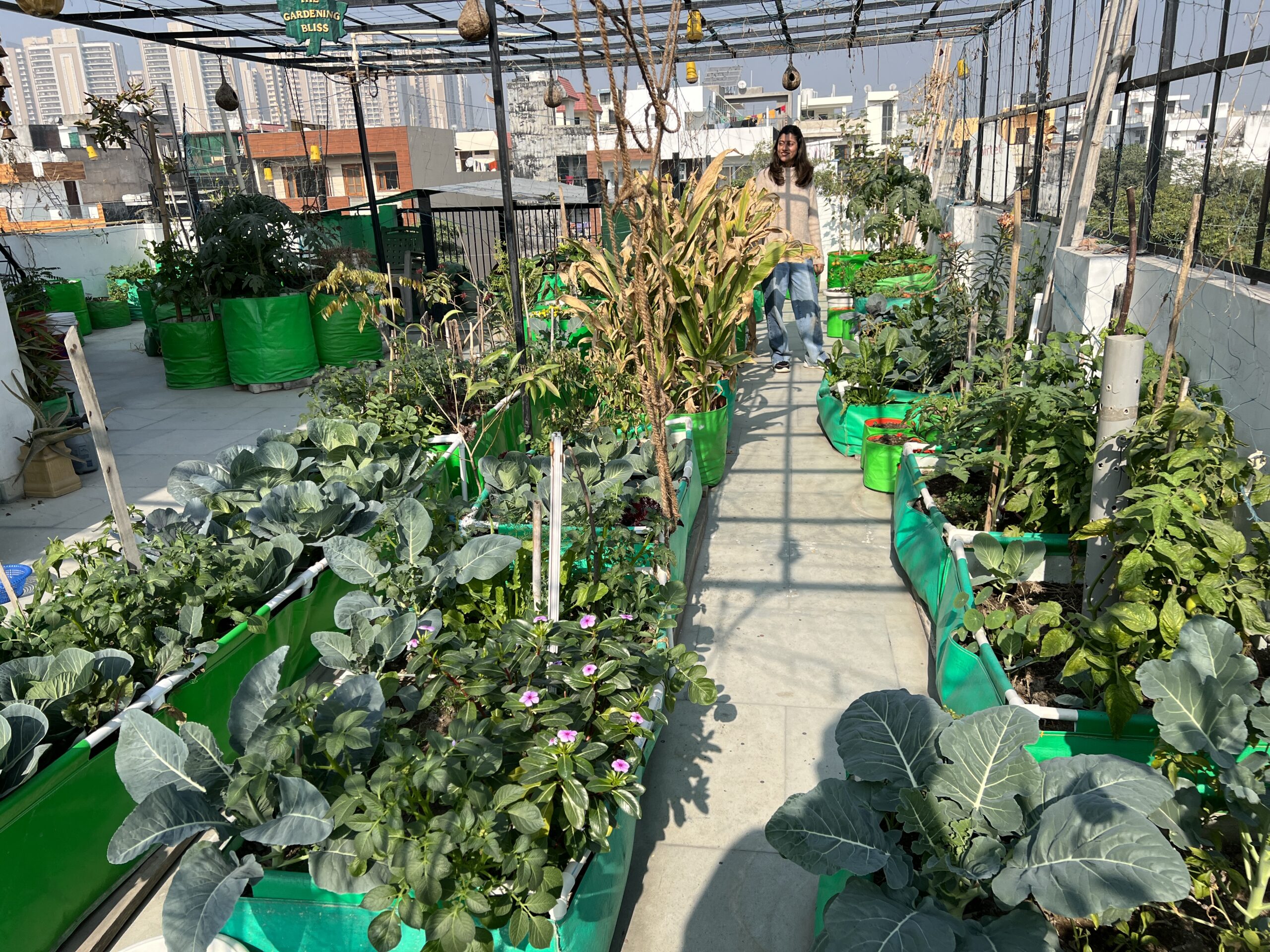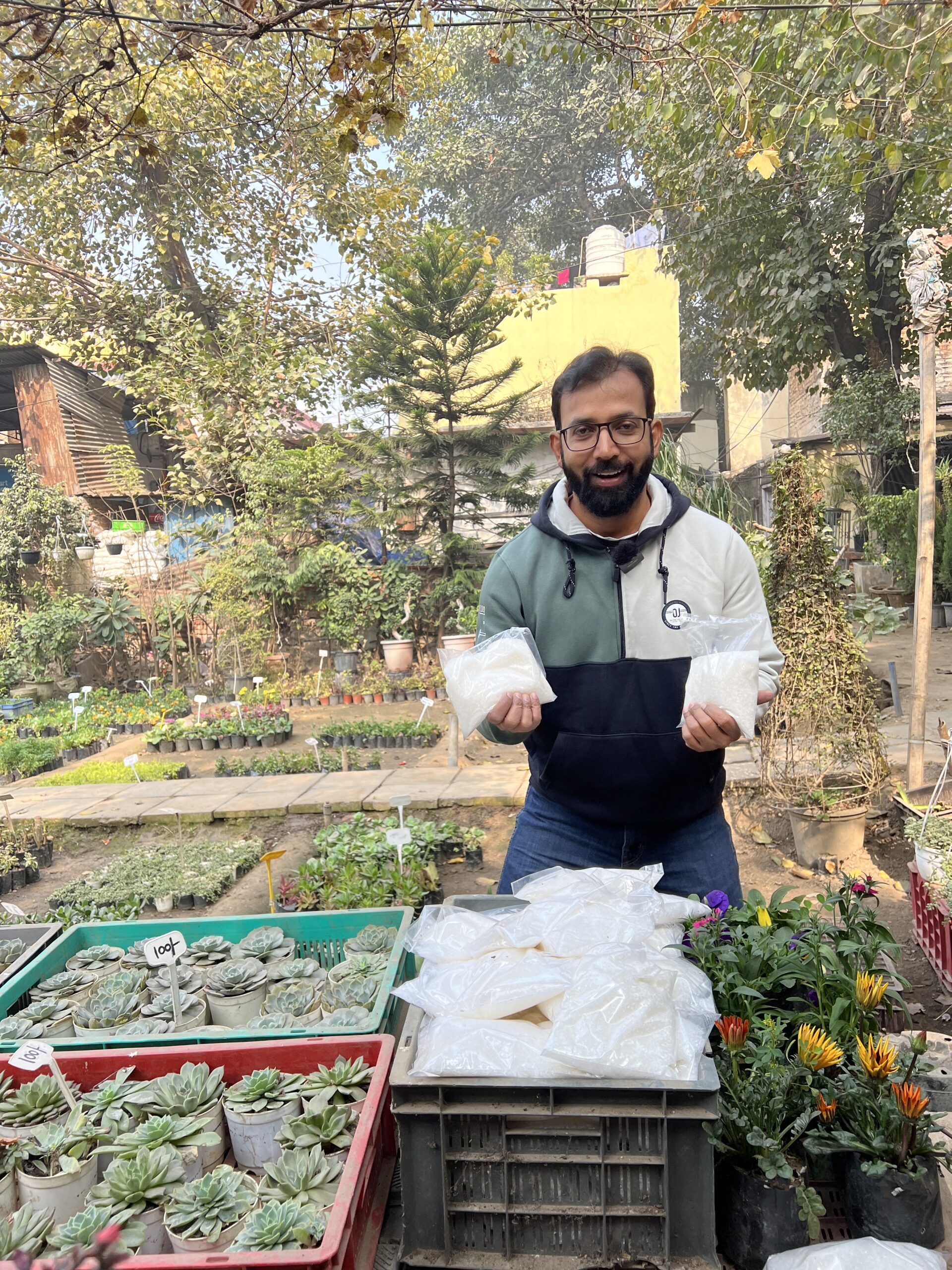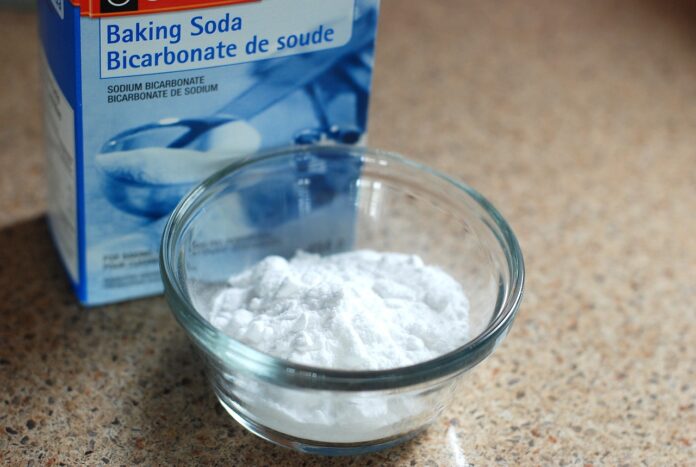As gardeners, we are often searching for safe and natural approaches to taking care of our plants without using any chemicals. Baking soda is one of the most common items found in home kitchens, and it is actually bicarbonate of soda which has basicity on the pH scale. When added to water or soil, baking soda causes the pH level to increase, thereby increasing its alkalinity. This characteristic specifically makes baking soda an accepted fungicide among those who grow plants.

Numerous prevalent fungi sprout more effectively under acidic environments. Thus, it was believed that fungi would not thrive in such a situation where baking soda has been applied as it increases the pH, causing it to be less acidic. Yet, excessive amounts of baking soda applied to crops could create adverse circumstances resulting in other predicaments.
Can Baking Soda Do Any Good for Plants?
Recent studies show that how well baking soda works at keeping off fungal infections in plants is greatly restricted.
Baking soda has its uses as a fungicide in the garden only if certain conditions are controlled. Also, you need to apply it before disease attacks or when disease incidence is still low. This is because using too much of the same may be harmful to plant life while treating heavy diseases. In addition, baking soda does not produce long-lasting effects. This is due to the fact that sodium bicarbonate hinders spore growth rather than destroying them.
Too much of anything can destroy our plants. Due to an increase in soil pH, essential nutrients for growing flora may not be accessible because of bicarbonate quietly creeping into these areas. In addition, baking powder used around flowers can lead to a reduction in soil porosity as well as the formation of a hard surface cover called crust on the top layer of ground. The net effect is that water and nutrients struggle to move through the ground easily.
Why Does Baking Soda Don’t Make a Great Fungicide?
The salts are essentially what baking soda is. Soil salts can cause roots to dry up and leaves and stems too. This can be manifested through stunted growth or wilting which are among the first indications of such toxicity; eventually leading to no other than the death of plants. Additionally, if you handle or mix your baking soda solution with foliage might lead to chlorosis or yellowing of leaves because it would act as a mild poison.

An overabundance of salts can lead to healthy plants becoming unhealthy within short time frames. If you have witnessed the impact of de-icing salt on flora during wintertime, you will understand that there is no end to harm associated with high salt concentrations on plants.
Additionally, an issue with baking soda is that it can significantly modify the soil pH. Plants have a preferred range of pH levels in which they develop. When the soil goes beyond its acceptable levels, the plants find it difficult to absorb some important nutrients including phosphorus, resulting in a lack of required minerals despite applications of fertilizers.
The uses of baking soda at home and in the kitchen can be amazing, including its ability to promote fluffiness in quick bread recipes, act as a meat tenderizer, and act as a laundry freshener. Yet, using baking soda on your garden plants may not be very beneficial and can even result in the death of plants.



